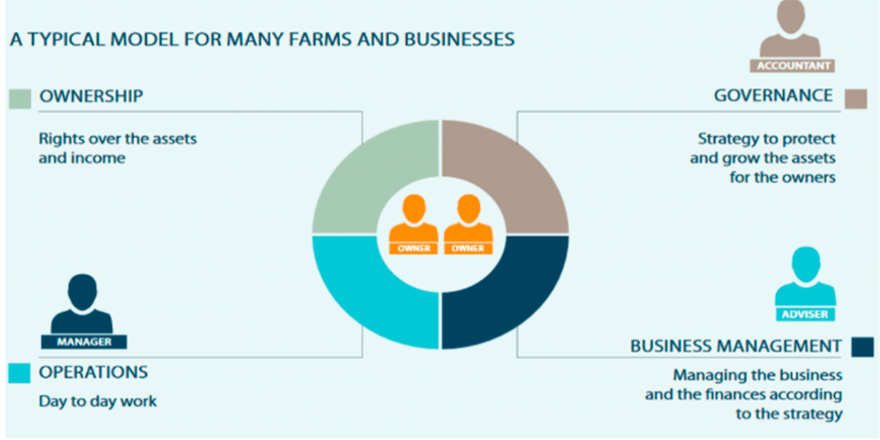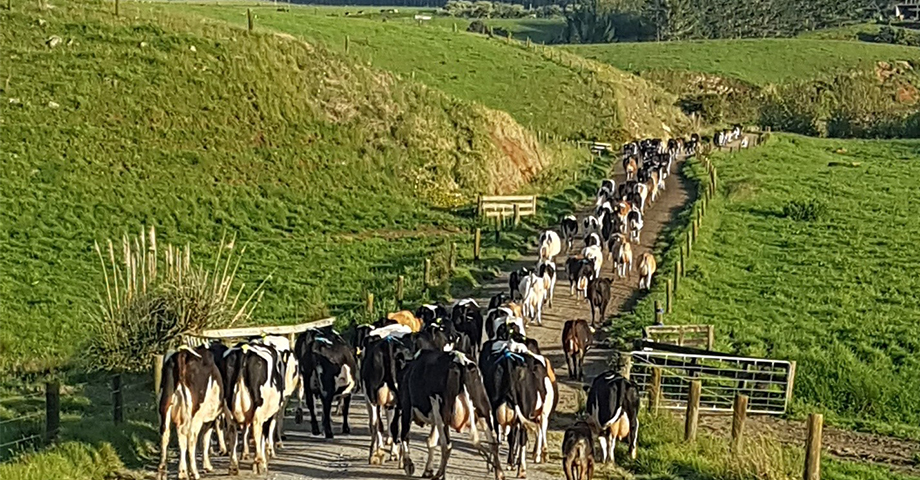
Executive Summary
The fundamental drive behind completing this research is to identify various key procedures and initiatives that successful New Zealand family businesses instrument to ensure their achievements and wealth are passed down through the generations successfully. I was also concerned in clearly recognizing some of the common issues which arise in family succession strategies and methods in which these matters may be avoided.
This project will benefit the rural community to hopefully provide an insight into farming families to think about the big picture and long-term viability of their business. I want the project to benefit farming families and professional advisors by also providing some context around governance and effective structures which have been planned. I hope the rural industry will relate to this report and understand that all families are different and not one plan will work for everyone. I want this report to provide guidance around communication and when and how to remove the elephant in the room, leading to successful conversations and positive outcome for all parties involved.
Succession planning is the progress of a strategy that ensures transition of the family farm, from one generation to another with minimal disruption. Succession planning can often be a living document to safeguard all family relationships and future ownership of assets, aspirations and involvement in the farm. Rushed or poorly planned and implemented succession strategies can have major impacts on family relationships along with extreme financial implications on the business.
What I relished most about putting this research paper together and gathering the required data was the chance to spend time with farming families who had extremely successful industry knowledge; and sit around the kitchen table with them and speak openly about their own businesses and experiences. They each happily shared with me the issues and barriers they had challenged along the way, and what they had learnt along the way from any mistakes. These people have been there and done it and could share their real stories with passion; their experiences and knowledge in my opinion, is considerably more valued than any other material source obtainable. I enjoyed this part of my research to be extremely exciting, and it reiterated to me how much I enjoy the Agriculture industry and what a joy it is to be involved in.
From gathering my data for this literature report I have made three recommendations for effective and successful farm succession of the family farm.
- Start early with conversations to avoid any assumptions or expectations which members of the family may have. These discussions should start at an early age, as young people’s interests do change, along with abilities and skill set. A poorly executed plan and approach can often be put together at short notice with damaging effects to family relationships.
- Open communication to stimulate a range of sophisticated thinking throughout the farm succession process will help to get an enhanced understanding of all family members’ idea and vision for the family farm. In my opinion both farming and non-farming family and spouses should be involved in this communication. It is also essential to seek independent advice from a succession facilitator, and have other trusted advisors involved including Bank Manager, Accountant, Lawyer, and Farm consultant.
- Document everything with a completed business plan which is handed to all family members. Consider including minutes from meetings, farm succession strategy including timeframes, roles and responsibilities, goals, and updated wills.
Download and read the full report here




